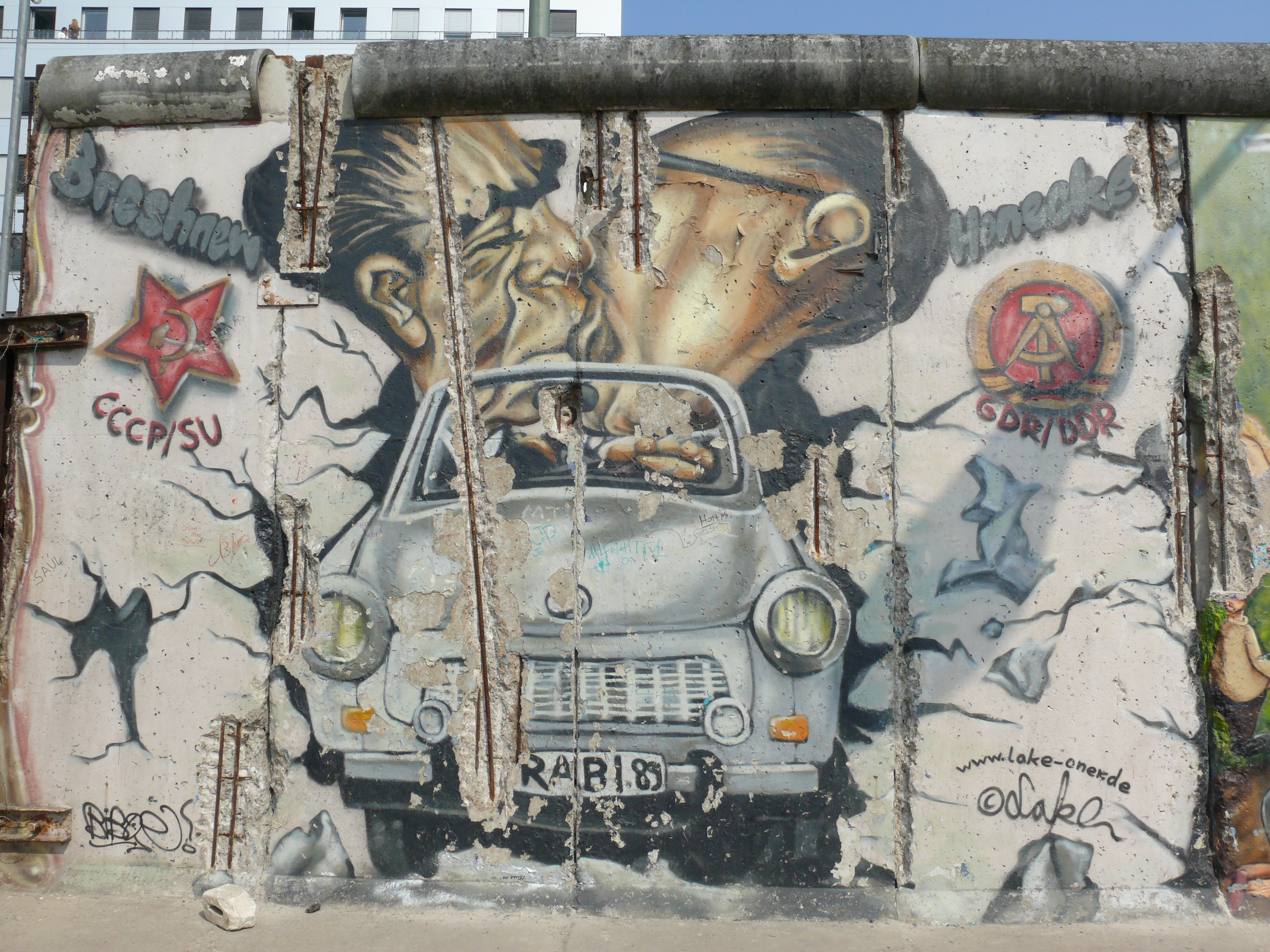Dieser Beitrag enthält Werbung – advertising.

Quelle: pixabay
no English version of the TV series!
Morning, everyone,
My team is made up of powerful individualists. I have set up the IEK, an interdisciplinary investigation commission. It brings together proven specialists from various fields under the same roof. Detective inspectors, forensic pathologists and forensic technicians work together in my team. That’s something special, just like our cases – undiscovered crimes.
Dorothea Lehberger in “Der verlorene Sohn”
(my own translation)
No matter how old the bones …
Berlin. A city with a lot of history and many secrets. In the years following WWII, nothing was anything but quiet in the divided city – and after reunification, a new metropolis grew together in which everything was always high and mighty (or perhaps sometimes even crazy!). There were always deaths: planned murders, manslaughter, accidents, stupid coincidences with collateral damage … What could be more obvious than to simply let the dead disappear and carry on living as if nothing had happened?
Things often go well for years or even decades, but then … then suddenly an excavator is digging around on a demolition site, then suddenly a house is to be renovated and a torn wall reveals terrible secrets, bones are found in the boot of a wrecked car sunk in the mud of the Spree, buried somewhere in the back of a cellar under … The dead may decompose, become mummies, skeletons – but a few human remains always remain.
This is where IEK’s work begins: the remains are recovered, examined, identified … Family and friends are contacted, the time of death is determined, the events on the day of death are reconstructed and finally the culprit is found. It’s as simple as that – or not!
I would like to start here. Each episode begins with a review of the year and the current events at the time of death. (These are usually clips from Tagesschau (German news channel) or heute (another German news channel) or some news magazine). I find this quite interesting – and it brings back memories (at least for me!)!
We are transported back to the hippie era of the 70s, we experience Russian tanks rolling through East Berlin on 17 June 1953, we take part in the opening of the new Berlin Central Station in May 2006, we listen to the broadcast of the 1990 World Cup final, we relive the demonstrations about §218 (abortion law), we witness the street battles with the squatters at the beginning of the 80s … Everything seems somehow familiar and at the same time strange. However, each case of the IEK team becomes very specific and concretely linked to our past.
And what else does this series remind us of?
When we think of the scientific examinations of the bodies and other finds, we immediately think of CSI – albeit on a German level. But actually … it’s always about corpses that have been waiting a long time to be investigated, to be identified – i.e. we’re actually thinking Bones – in a German version. (Or some more recent series of UK origin!)
Dr. Dorothea Lehberger, who holds the rank of superior senior detective at the LKA Berlin, leads the team – she’s definitely the boss! (And she’s active in all episodes and seasons …) She rarely interferes in the actual work, but always knows what’s going on and gives advice on all the constraints – and she has a skeleton in her cupboard that suddenly starts to rattle terribly and almost destroys her career. As a teenager, Lehberger was recruited as an undercover informant to infiltrate an RAF cell (or at least a cell close to the RAF) – RAF was a German terrorist gang. It went wrong, there was an assassination attempt and there were deaths; Lehberger’s role was never officially documented by the authorities. Then, all of a sudden, a treacherous photo appears showing Lehberger at the time with suspected terrorists … A public prosecutor wants to capitalise on this for her career and already … Well – in the end, after a few internal moves and a little blackmail, Lehberger sits down at her desk again.
The team, in which there are always fluctuations at every level, consists of a classic chief detective inspector, who is responsible for investigations and witness interviews, and another detective inspector, the IT crack, who can simply search for and find whatever data is needed. (I found it amazing that documents from the 50s and 60s, for example, have obviously already been fully digitised in Berlin and are available at the click of a mouse).
There is also a forensic pathologist and her assistants who meticulously analyse the corpses and remains. Finally, we have forensic science, represented by just one employee, who analyses and researches at a very high level – and can say, for example, that a certain scrap of fabric comes from a very special cloth that is handmade in Egypt and is only imported to Berlin by selected importers.
So – anyone who knows Bones will recognise a few parallels here!
Overall, the series is particularly interesting because there is always this specific dive into our own past and more recent history. (This is a big difference to Bones!) It’s German nostalgia wrapped up in a criminal case – and the cases are quite exciting, especially because they are set in Berlin, where two cities are – still – growing together into a megalopolis and cultures are clashing.

